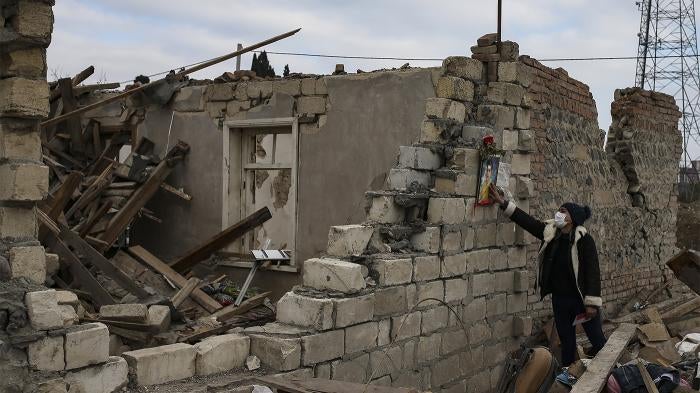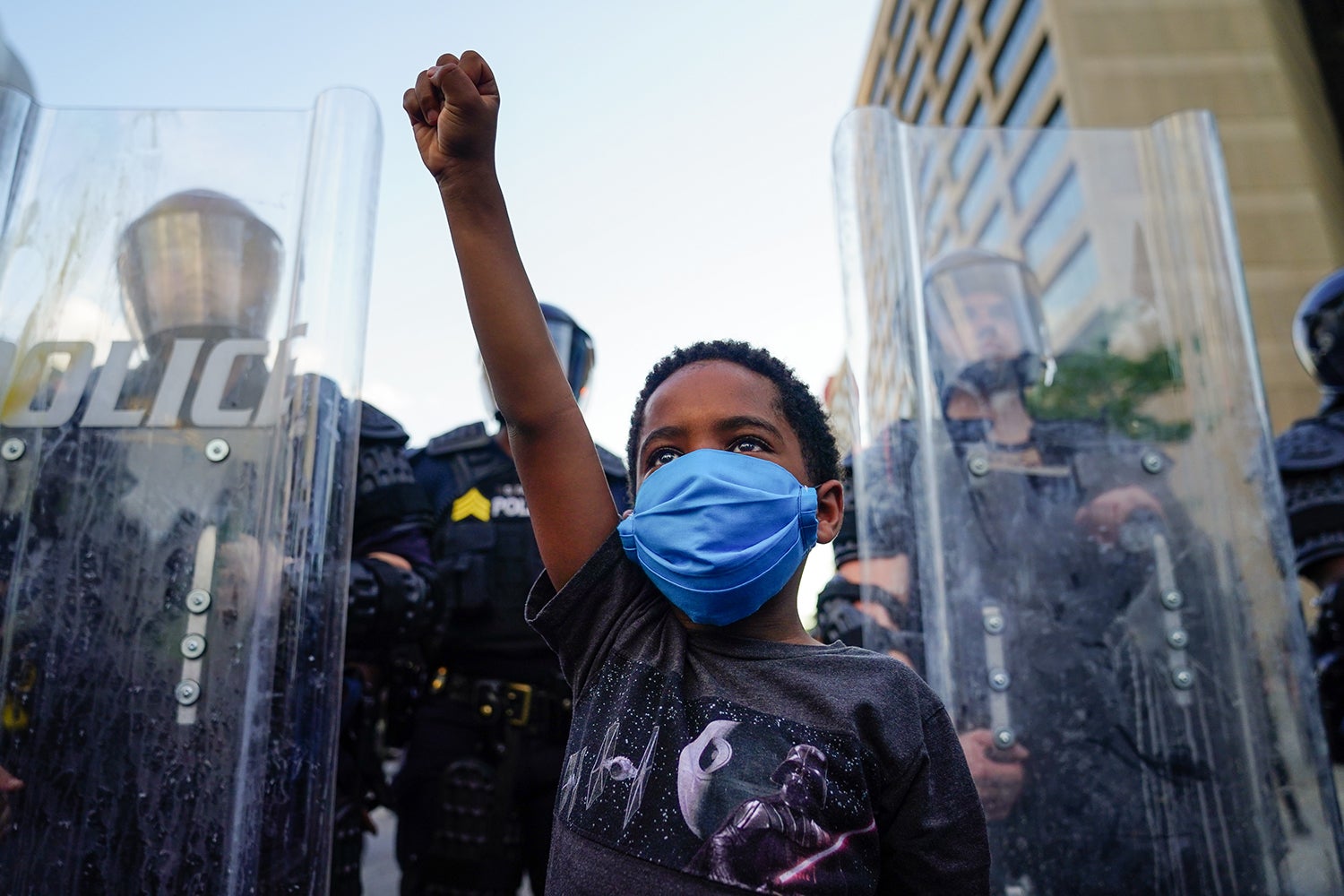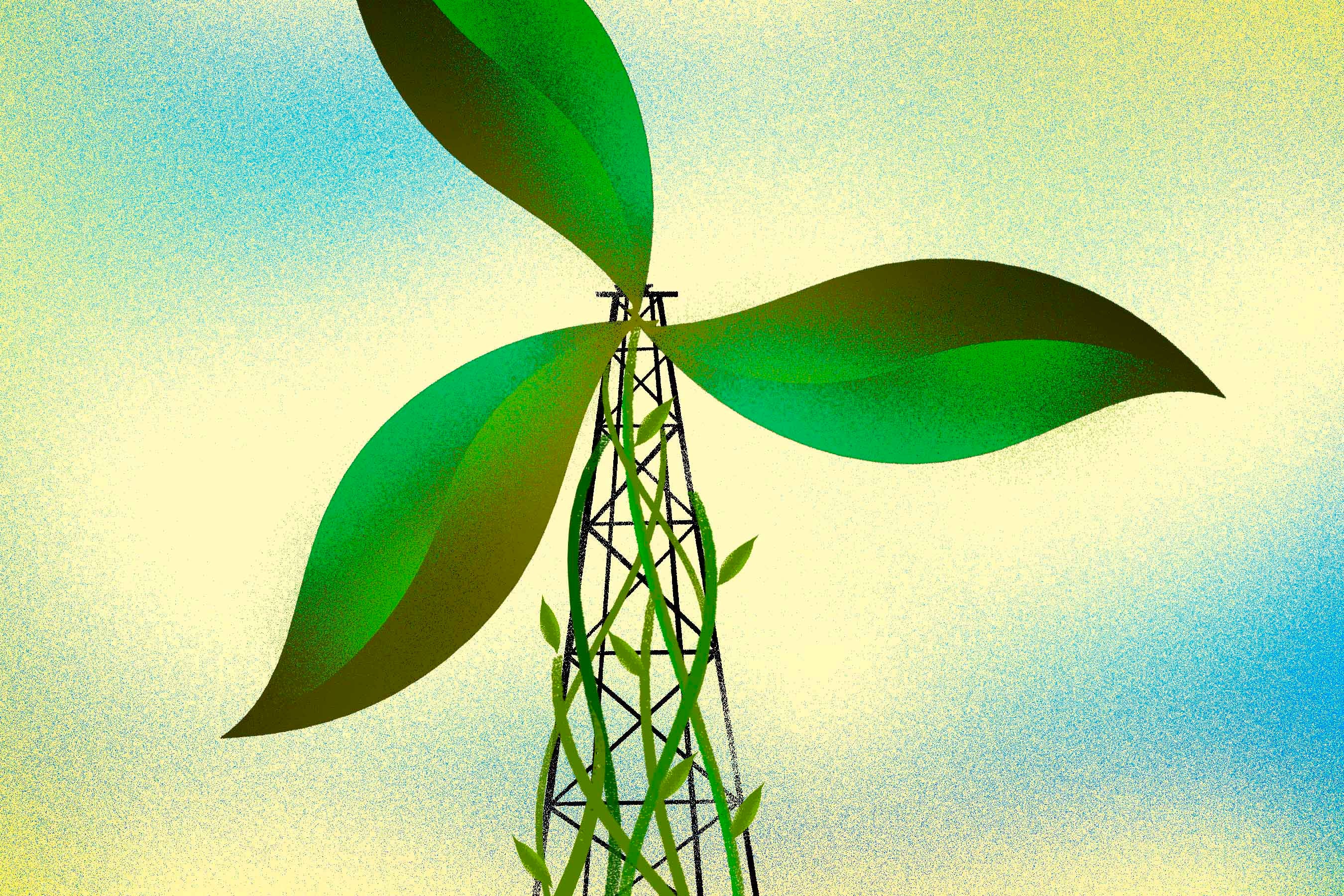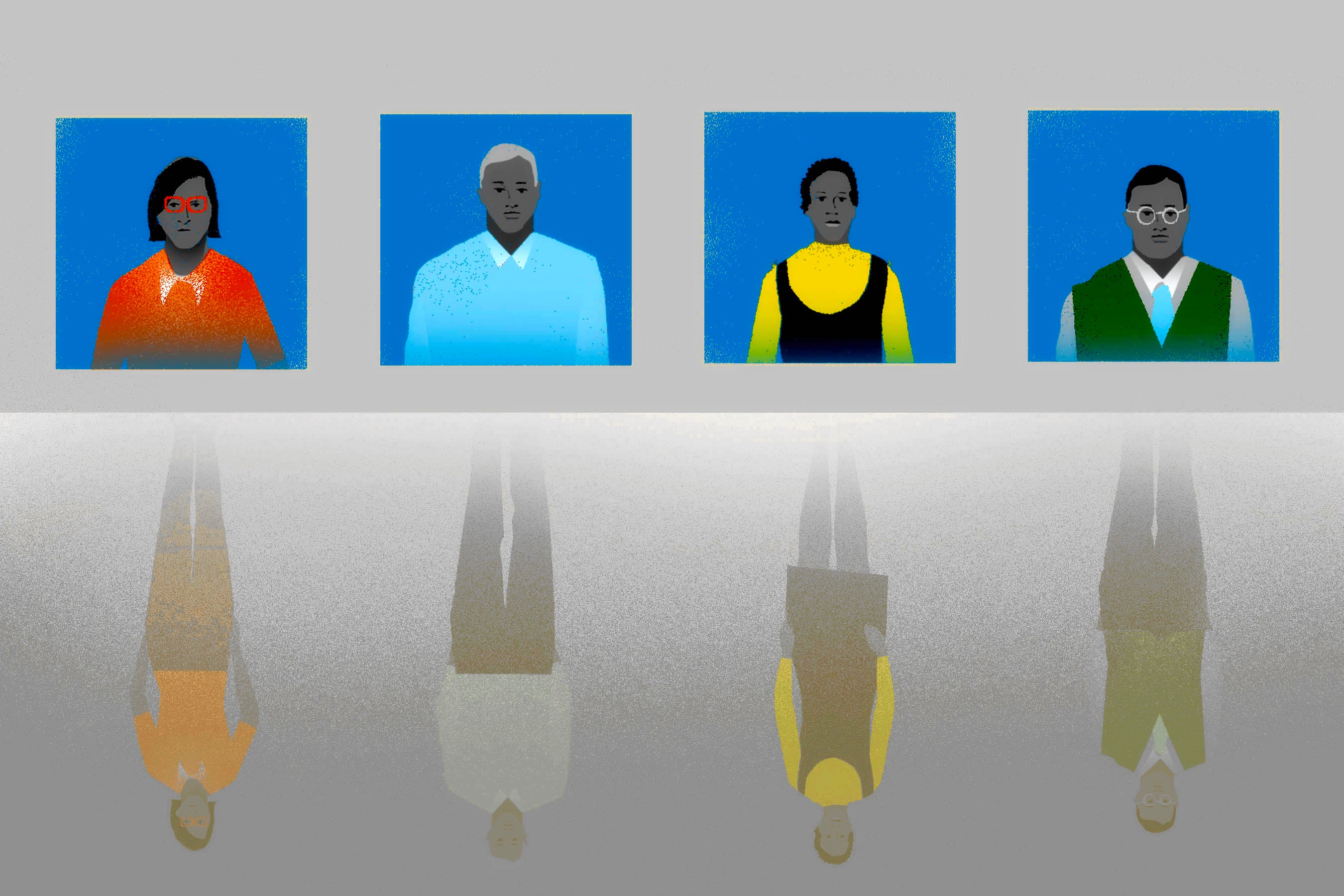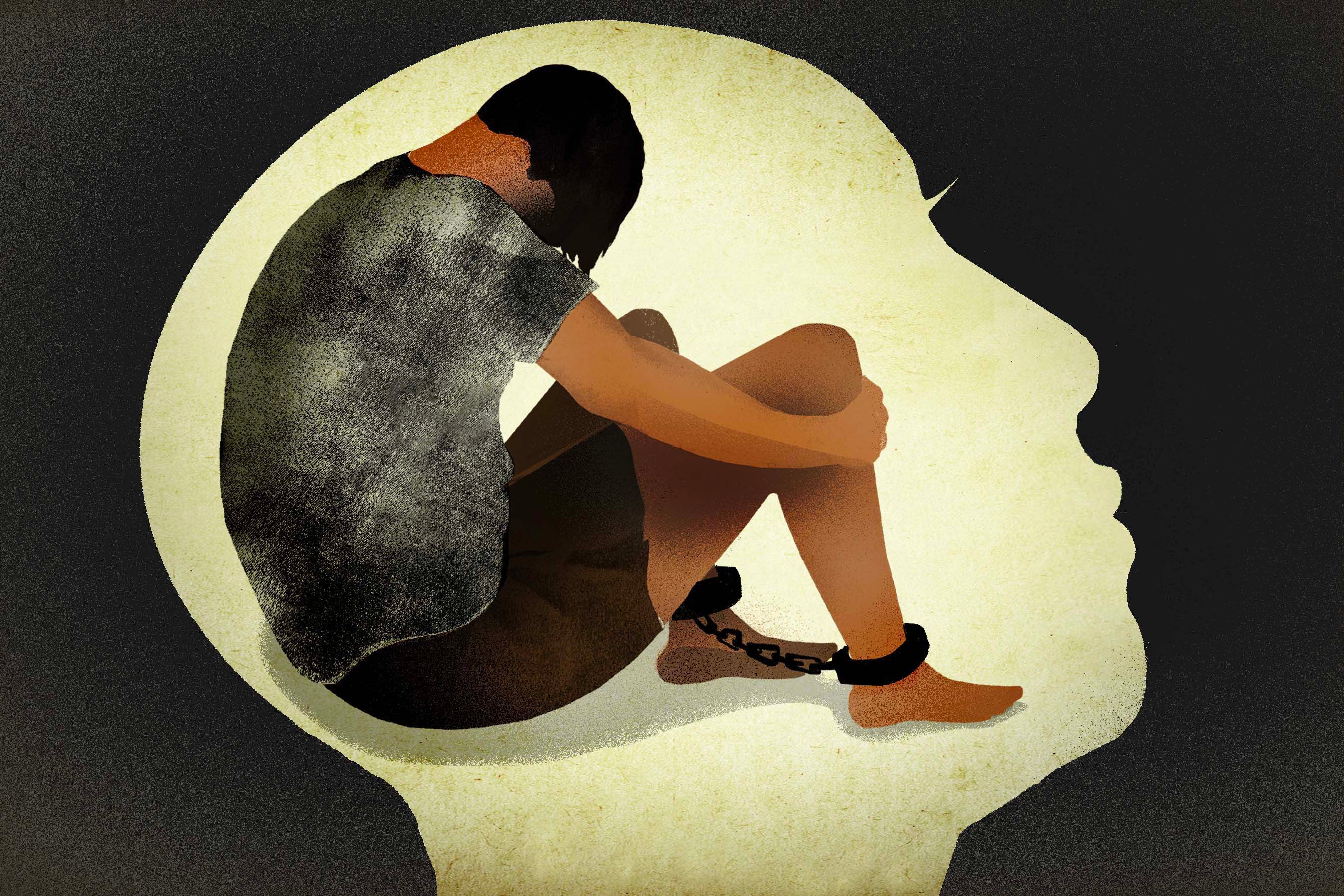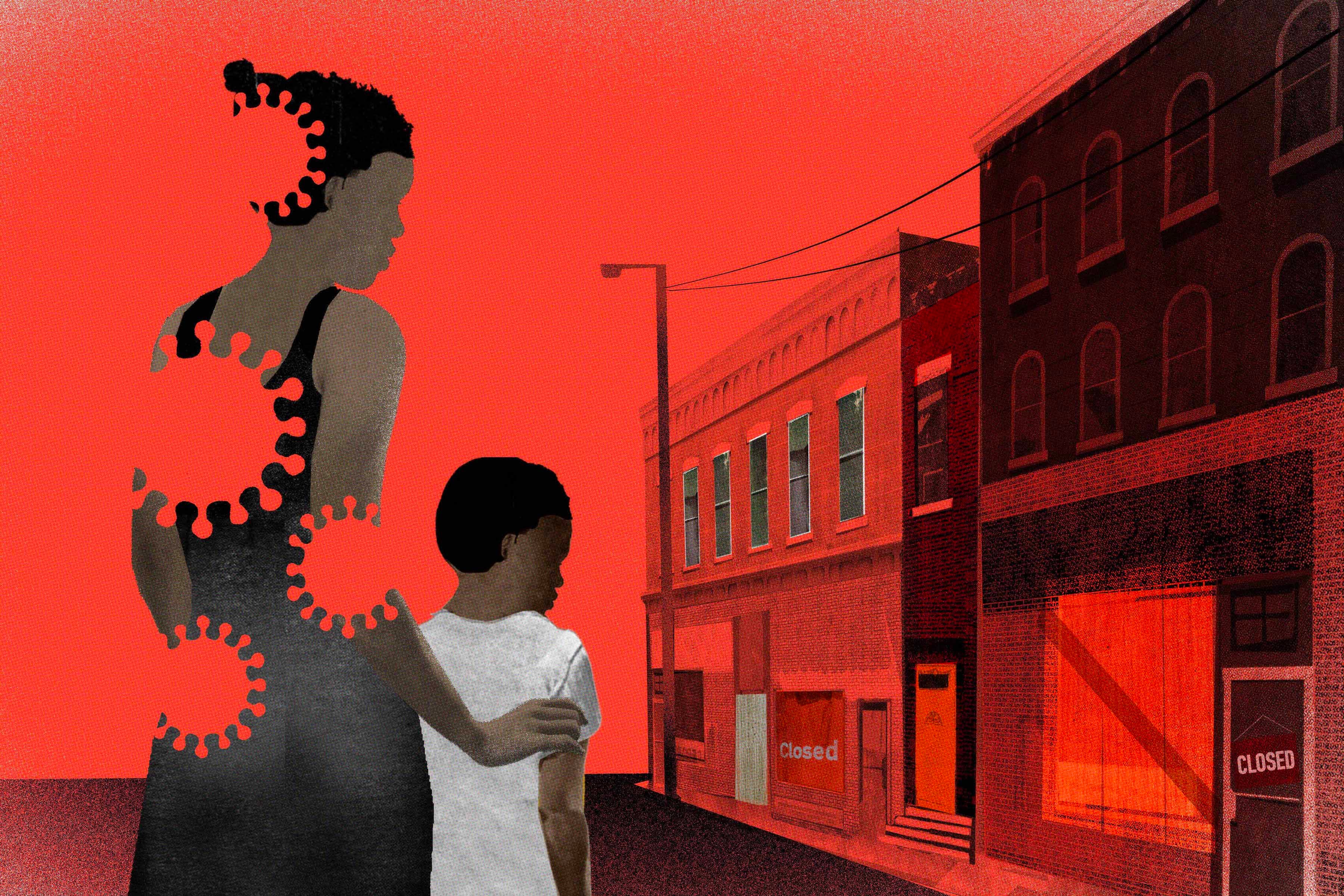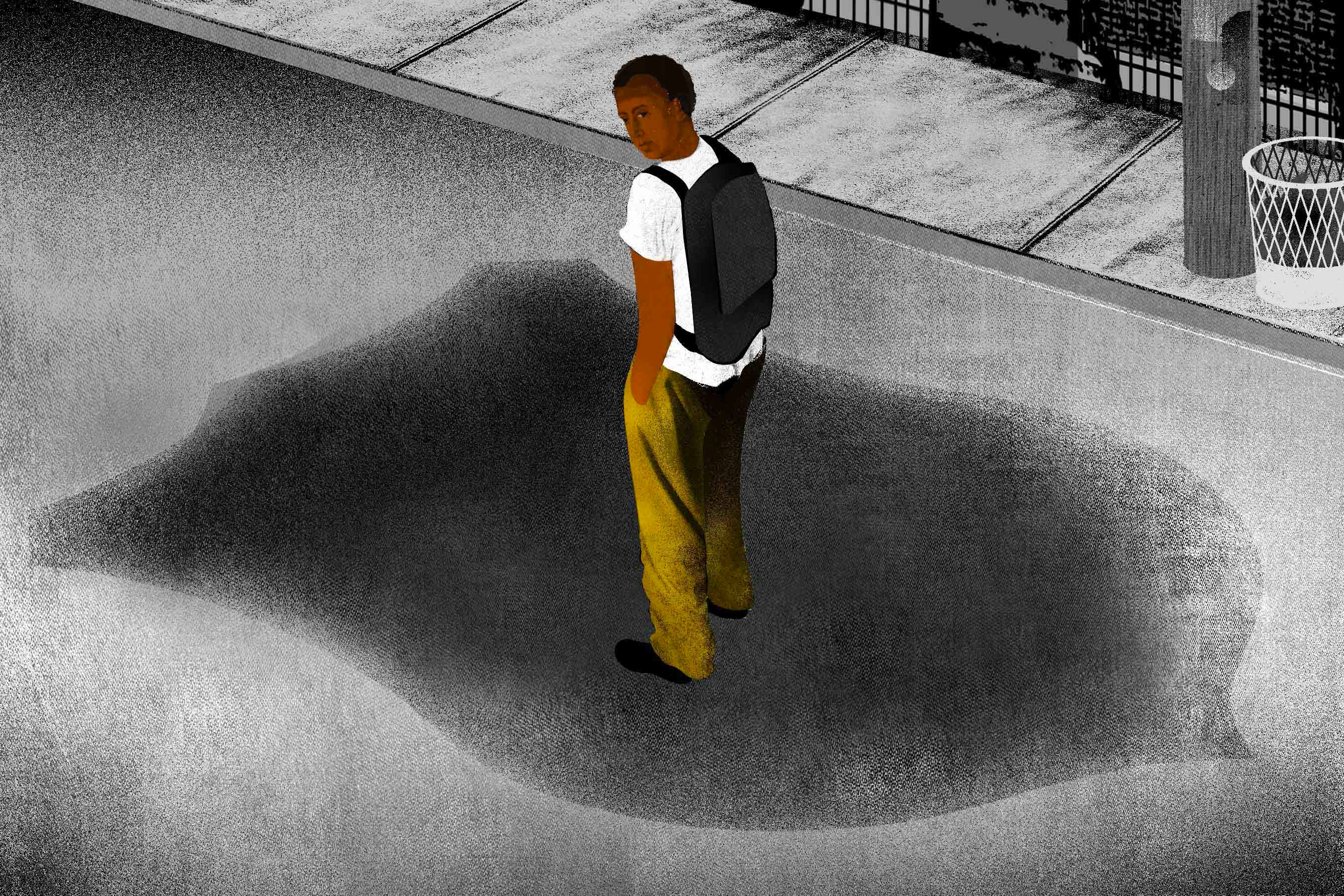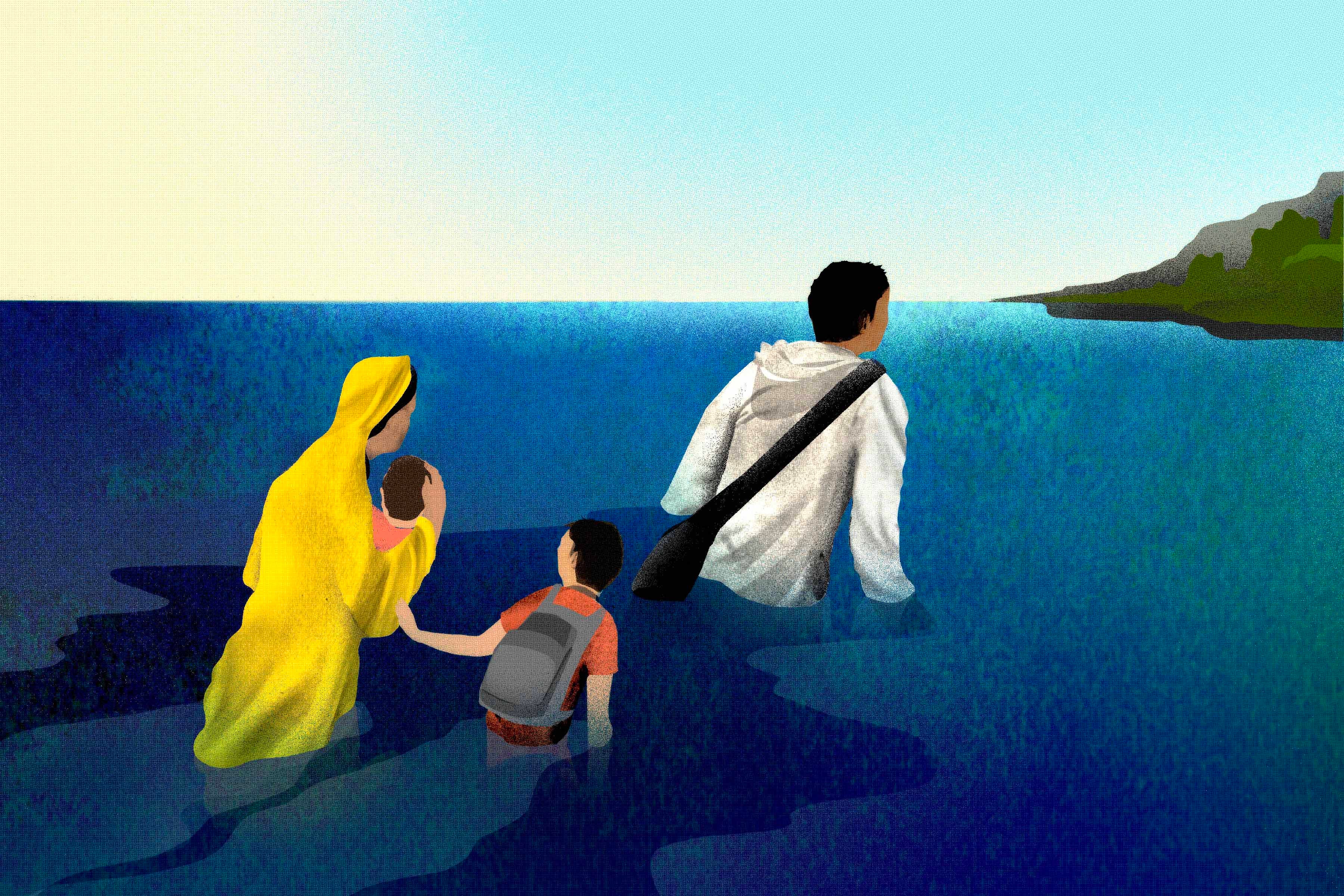Hostilities over Nagorno-Karabakh renewed at the end of September, dominating events in Azerbaijan for the rest of 2020. All parties to the conflict committed violations of international humanitarian law. The Azerbaijani military carried out attacks using banned cluster munitions.
National solidarity during the war served to suspend an intensifying conflict between the government and political opposition, however the government remained hostile to dissenting voices. Authorities misused restrictions imposed to slow the spread of Covid-19 to target critics, particularly those affiliated with the opposition Azerbaijan Popular Front Party (APFP).
In five individual cases in 2020, the European Court of Human Rights (ECtHR) found that from 2014 to 2016, Azerbaijani authorities had wrongfully imprisoned government critics in retaliation for their activism.
Restrictive laws continue to prevent nongovernmental organizations (NGOs) from operating independently. Reports of torture and ill-treatment persisted throughout the year.
The snap parliamentary vote in February was marred by credible claims of election violations and resulted in continued dominance of the ruling party.
In April, the Supreme Court acquitted two former political prisoners, politician Ilgar Mammadov and human rights defender, Rasul Jafarov, years after judgments in their favor by the ECtHR.
Conflict over Nagorno-Karabakh
On September 27, Azerbaijan launched a military offensive that escalated hostilities between Azerbaijan and Armenia and the de-facto authorities in Nagorno-Karabakh. Tens of thousands of people fled Nagorno Karabakh in response to the fighting. A Russia-brokered truce ended six weeks of fighting on November 10, with Armenia ceding control over several territories to Azerbaijan and without defining the political status of Nagorno Karabakh. Russia deployed peacekeeping forces to oversee the ceasefire it negotiated.
The warring parties committed violations of international humanitarian law (See the Armenia chapter for violations by Armenian forces), that unlawfully harmed civilians.
During the fighting, Azerbaijani forces launched large air-dropped munitions and fired rockets that lacked the capacity to be targeted with precision, into populated areas. Attacks on dual purpose infrastructure such as power stations may have caused excessive harm to the civilian population and in addition to striking military targets, some attacks damaged schools, private residences and businesses, and hospitals, and interrupted regular supply of services such as power, gas, and water to civilians.
Azerbaijan’s military also used banned cluster munitions in populated areas, resulting in civilian casualties. Cluster munitions have been banned because of their widespread indiscriminate effect and long-lasting danger to civilians.
In a serious violation of humanitarian law, Azerbaijani soldiers subjected Armenian prisoners of war to physical abuse and acts of humiliation, which were filmed and shared widely online.
Freedom of Expression, Freedom of Media
In its February decision, the ECtHR ruled that Azerbaijan had wrongfully imprisoned investigative journalist Khadija Ismayilova from 2014 to 2016 to silence and punish her.
In March, a Baku court unexpectedly ordered early release for investigative journalist Afgan Mukhtarli, and allowed him to join his family abroad. Mukhtarli had served half of his six-year sentence on bogus charges. In August, Fuad Ahmadli, a blogger and senior APFP activist was released after completing a four-year prison sentence on politically motivated charges.
At least three other journalists and bloggers who criticized the authorities are still in prison on politically motivated charges. In November 2020, Polad Aslanov was sentenced to 16 years on treason charges, and Araz Guliyev and Elchin Ismayilli continued to serve prison sentences. Others, including Ismayilova and Shahvalad Chobanoglu, continue to face arbitrary travel bans.
In September, the General Prosecutor's Office put a group of political exiles who criticize the country's authorities on an international wanted list, which included prominent bloggers Tural Sadigli and Ordukhan Babirli.
Under amendments to the Law on Information that parliament adopted in March in response to the Covid-19 pandemic, owners of internet information resources face up to three years in prison for failure to prevent the publication of information online that authorities deem false and could pose a threat to public health or safety. Human Rights Watch is aware of at least 10 cases in which the authorities invoked the law to compel website owners, bloggers, and Facebook users to delete online posts criticizing the government’s response to the pandemic.
Covid-19
In his major speech about challenges posed by the Covid-19 pandemic, President Ilham Aliyev implied he would use measures introduced to slow the spread of the coronavirus to crack down on political opponents, whom he described as traitors, enemies, and a fifth column.
Days afterwards, authorities arrested dozens of activists and bloggers. Most had criticized conditions in government-run quarantine centers or the government’s failure to provide adequate compensation to people struggling financially from the pandemic’s fallout.
Courts sentenced most to between 10 and 30 days’ detention on charges such as breaking Covid-19-related lockdown rules or disobeying police orders, which had not occurred. Among them was APFP member Niyameddin Ahmedov. Police allegedly beat Ahmedov in custody in an attempt to coerce him to falsely testify against the APFP leader. Days before his scheduled release, authorities pressed dubious charges against him for allegedly financing terrorism.
Prosecuting Political Opposition
In March, authorities arrested Tofig Yagublu, a leading politician of the opposition Musaval party, on bogus hooliganism charges. In September, he was convicted and sentenced to four years and three months in prison. Police falsely claimed Yagublu had physically attacked a motorist and his passenger after a car accident. Trial monitors noted numerous due process violations, including the court’s refusal to grant a defense request to retrieve and introduce CCTV footage that would have corroborated Yagublu’s defense. In September, a court ordered Yagublu transferred to house arrest after he needed hospitalization due to health complications arising from his hunger strike.
In May, a court sentenced Jalil Zabidov, an activist with an anti-corruption Facebook page, Korrupsiyaya-Yox-De (“Say-No-to-Corruption”), to five months in prison on bogus hooliganism charges. In February, Zabidov had filmed and posted evidence of alleged election fraud at a precinct. The next day, Zabidov said, a local election official attacked him, in response to which authorities charged Zabidov.
Authorities also continued to target both leading and rank-and-file members of the APFP with bogus or disproportionate charges and other harassment. In March, police detained Agil Humbatov, and forcibly placed him in a psychiatric clinic after he uploaded a video to Facebook criticizing the authorities’ handling of the pandemic. Several days later, a court ordered his release. Police detained Humbatov a second time after he posted a video describing conditions in the clinic, and an appeals court ordered him, groundlessly, to be forcibly placed in a psychiatric hospital. He was released in July without any explanation or medical documentation.
In August, a court sentenced APFP member Pasha Umudov to four years and five months on bogus drug charges. Authorities had detained Umudov ahead of the unsanctioned rally in October 2019.
In mid-July, authorities arrested and filed criminal charges against 17 senior APFP members for public order, property destruction, and other offenses that stemmed from a July 14 pro-war protest related to Nagorno Karabakh and neighboring Armenia. During the rally, a group of people forcibly but briefly entered the parliament building, reportedly causing minor damage. After police removed them, violent confrontations between protesters and police ensued on the street.
Most of the 17 APFP members had not participated in the rally. Among those arrested were Asif Yusifli, Mammad Ibrahim, Fuad Gahramanli, Bakhtiyar Imanov, and Ayaz Maharramli, members of the party’s leadership. Only Yusifli was at the rally but was not in the group that broke into parliament. In November, a court transferred 12 of the APFP members, including these five men, to house arrest.
Most of the 17 were refused access to a lawyer of their choosing; some, including Gahramanli, were held incommunicado for almost two weeks. Authorities did not present any material evidence to support accusations that they participated in any illegal actions.
In December, a court sentenced one of the detainees, Mahammad Imanli, to one year in prison on false criminal charges of spreading Covid-19. He remained in detention at time of writing.
In the weeks after the protest, police held at least 25 APFP members for up to 30 days on bogus charges of violating Covid-19 lockdown rules.
Freedom of Assembly
Azerbaijan effectively imposes a blanket ban on protests in the central areas of Baku.
In February, police detained over a hundred opposition supporters, including parliamentary candidates, as they were gathering to protest alleged violations during the parliamentary elections. Before the unauthorized protest was scheduled to start, police detained several activists at their homes. Police drove most of them to remote areas 200 to 300 kilometers from Baku and abandoned them there.
Torture and Ill-Treatment
Authorities routinely dismissed complaints of torture and other ill-treatment in custody, and the practice continued with impunity.
In an open letter posted on social media by his family, APFP member Alizamin Salayev, arrested in January and convicted in April on criminal defamation charges, alleged that police at the station knocked him to the ground and ordered him to film himself putting his head into the toilet. When he refused, police began to beat him. According to Salayev, while in police custody, he was twice taken to hospital. Both times, doctors recommended surgery for a ruptured hernia he said he had sustained as a result of the beatings. Police did not allow this. Salayev’s lawyer was allowed access to him only nine days after his arrest and confirmed he saw Salayev’s bruises. The trial court dismissed Salayev’s torture complaint and authorities refused to investigate the allegations.
In June, riot police in Baku raided an apartment building and detained at least 11 people. The raid came one day after police detained one of the building’s residents on suspicion of breaking Covid-19 lockdown regulations; a group of residents threw trash at the vehicle in which police detained the man. Police used excessive force to detain the 11; some were sentenced to fines, others to up to 15 days’ detention. Among the latter was Karim Suleymanli, who in a video alleged that numerous police beat him for five hours. His bruises are visible in a video published after his release. Suleymanli’s lawyer, Javad Javadov, filed the ill-treatment complaint, which authorities declined to investigate. Javadov received a warning from the Bar Association for raising concerns about his client’s treatment.
Seymur Ahmadov, one of the APFP members detained in July, filed a complaint with the prosecutor’s office describing severe beatings in custody. In a letter he wrote in remand prison, Ahmadov said a plainclothes officer beat him for an hour with a truncheon “so bad that I could no longer feel the pain.” Authorities failed to conduct an effective investigation.
On 30 March, police arrested Agil Humbatov after he posted a video on social media criticizing the government. The next day, police officers took him to the Psychiatric Hospital №1, where he was confined as a patient purportedly suffering from paranoia.
Key International Actors
In January, the Parliamentary Assembly of the Council of Europe (PACE) adopted a resolution that deemed the problem of political prisoners in Azerbaijan as “systemic in nature,” which needed to be solved once and for all. It cited findings by the ECtHR, which found a “troubling pattern” of politically motivated misuse of the criminal justice in Azerbaijan.
In February, PACE, the Organization for Security and Co-operation in Europe (OSCE) Office for Democratic Institutions and Human Rights (ODIHR), and other independent observers found that the parliamentary election failed to meet international standards for a free and fair vote.
In March, the during the annual bilateral meeting on human rights, democracy and justice, the European Union welcomed Azerbaijan’s Presidential Decree on the Open Government Action Plan and addressed persisting challenges to freedoms of assembly, association, and expression, as well as developments related to gender equality and children's rights.
In May, the EU welcomed the acquittals of Ilgar Mammadov and Rasul Jafarov and urged Azerbaijan to continue to implement the remaining judgments of the ECtHR.
Yagublu’s conviction and the government’s relentless crackdown on opposition figures, which worsened during the Covid-19 pandemic, prompted statements from Azerbaijan’s international partners.
In March, the PACE rapporteurs on Azerbaijan expressed outrage at the government “launching yet another round of concerted political repression,” noting that the case against Yagublu had been “fabricated.”
In September, US Embassy called on the government “to reverse the string of recent politically-motivated detentions, reevaluate Mr. Yagublu’s case, and respect the fundamental freedoms of speech and association.”
In a September statement, the spokesperson for the EU’s Foreign Affairs and Security Policy said Yahublu’s sentencing raised questions “about the authorities’ commitment to protecting and enhancing political freedoms for all” and called for a re-examination the case.
